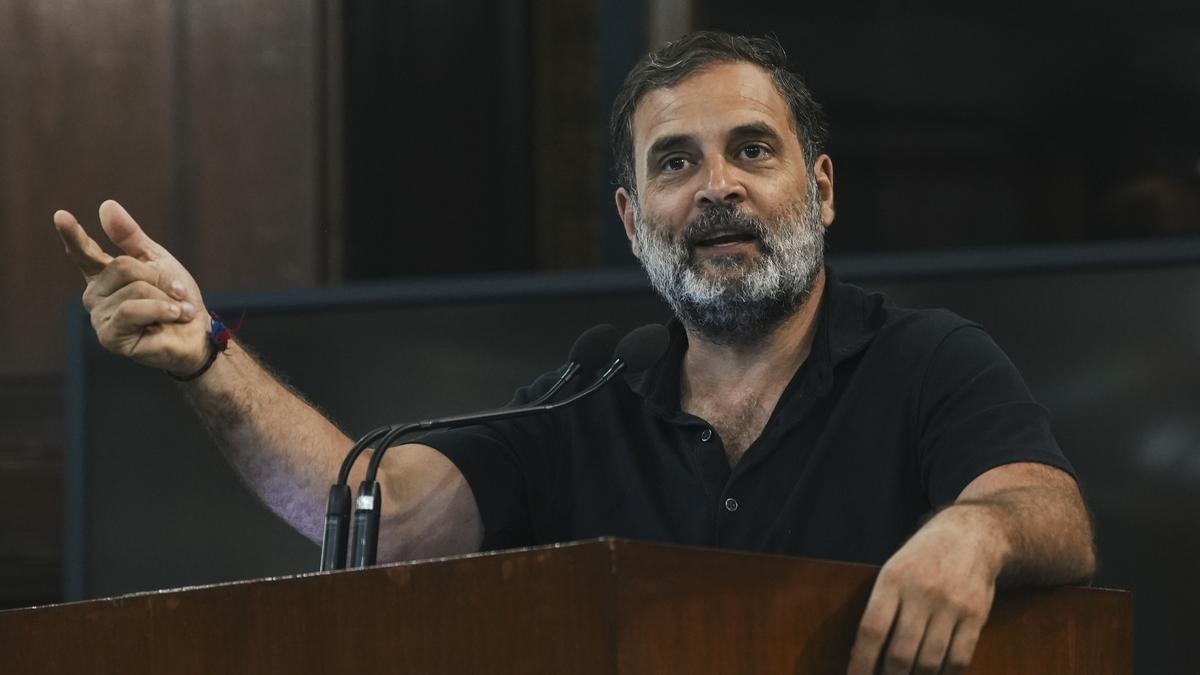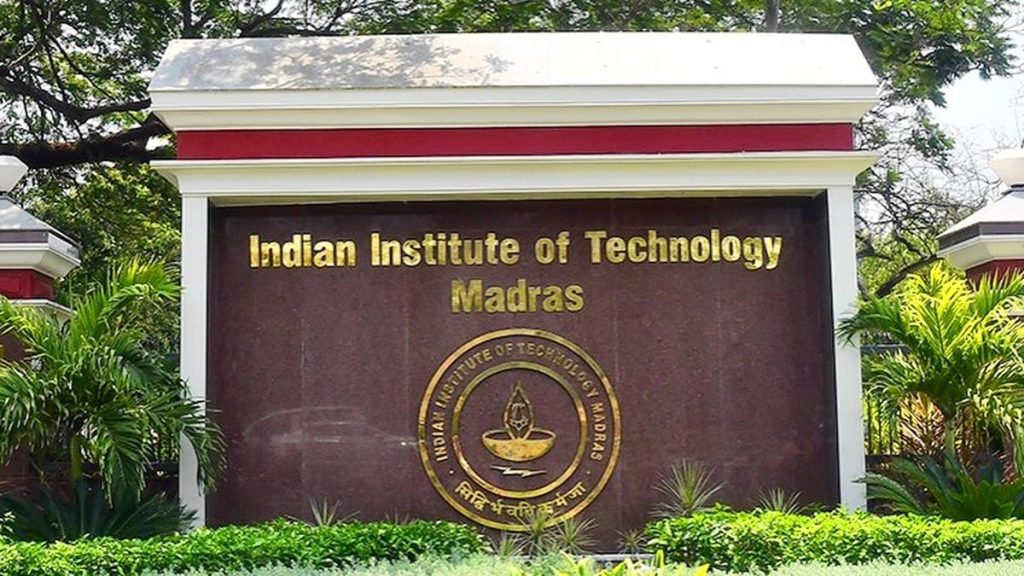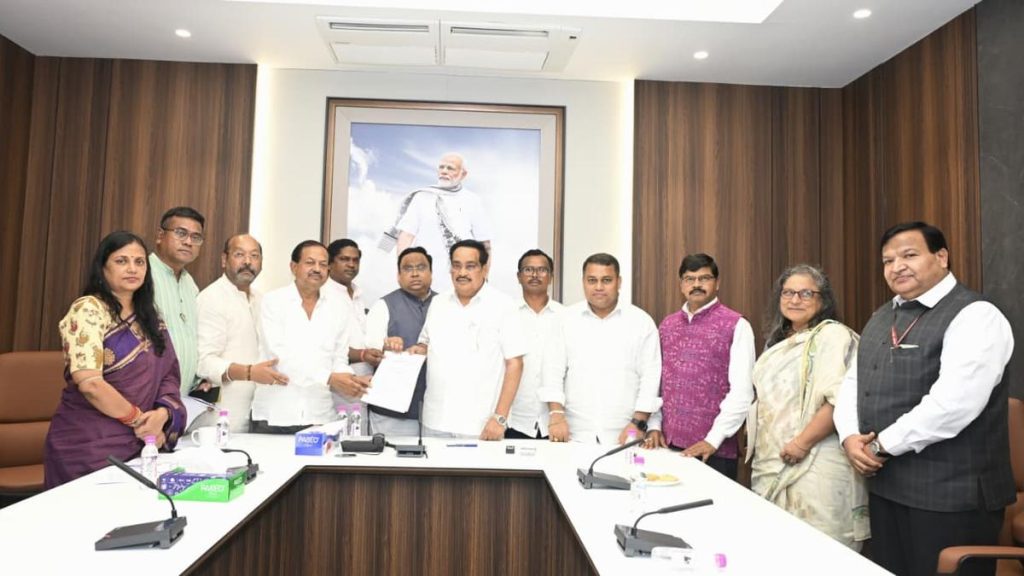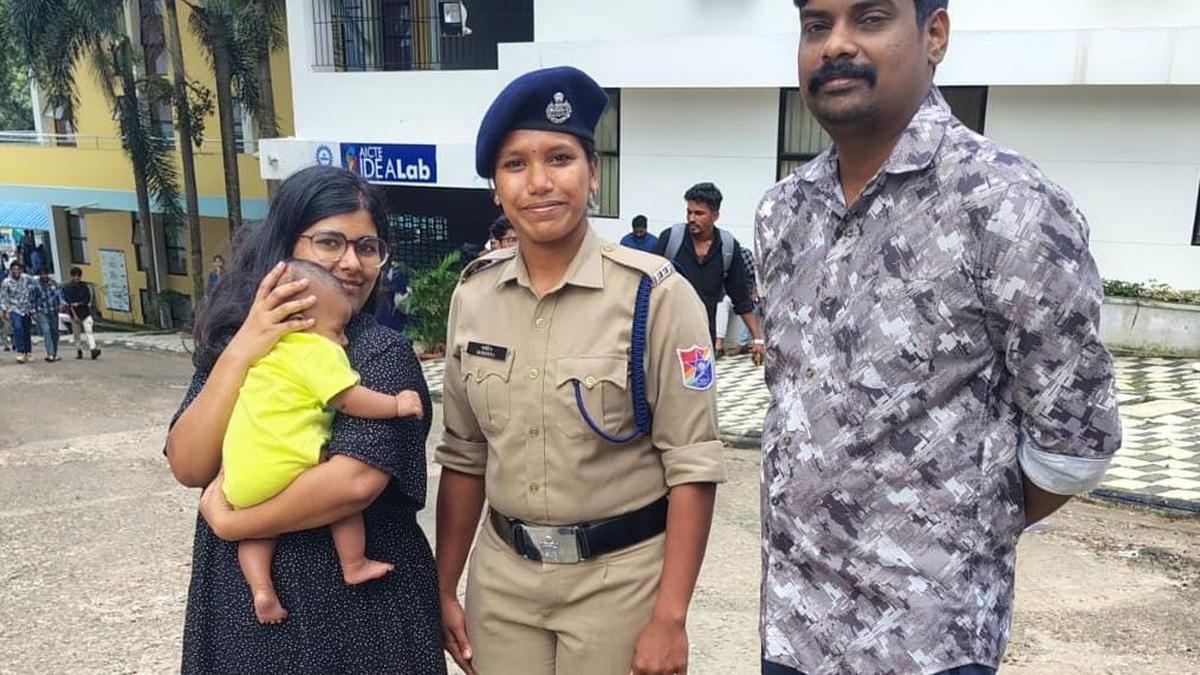Now Reading: Rahul Gandhi Criticizes New Bills as a Step Back to Medieval Times
-
01
Rahul Gandhi Criticizes New Bills as a Step Back to Medieval Times
Rahul Gandhi Criticizes New Bills as a Step Back to Medieval Times

Quick Summary
- Constitutional Bills Proposed:
– The Bills propose removal of elected representatives, including Prime Ministers and Chief Ministers, from office if jailed for more than 30 days.
– Rahul Gandhi criticized these Bills, likening them to medieval practices where rulers removed individuals at will.
- Opposition Leaders’ Reaction:
– A strategy meeting was held by the Opposition to discuss protests against the legislation.
– Some suggested refraining from participation in the Parliament’s Joint Committee reviewing these bills as it may “legitimize” them.
- State Leaders’ Condemnation:
– Mamata Banerjee dubbed the Bills a “Hitlerian assault” aimed at undermining judicial independence and empowering unelected authorities like ED and CBI.
– DMK leader M.K. Stalin warned of its potential misuse for political vendettas, calling it unconstitutional and an attack on democracy.
- Left Parties’ Observations:
– CPI(M) leaders labeled the proposals as neo-fascist measures compromising democratic principles.
Indian Opinion Analysis
The constitutional amendments proposed in these contentious Bills appear to carry meaningful implications for india’s electoral democracy. Concerns raised by Opposition leaders highlight fears of centralization of power while potentially eroding federalism. If passed, critics argue that enforcement bodies such as ED or CBI could wield disproportionate influence over state governance structures under specific circumstances.From a legal viewpoint, challenges based on constitutional grounds may arise given India’s established principle that guilt is steadfast post-trial-not merely on arrest. Furthermore, refusal by some parties to join review committees signals deep political polarizations toward legislative processes themselves. While defending democratic fundamentals remains central to this debate shaping India’s future governance trajectory will demand clarity between constitutional validity versus executive interpretations within a diverse nation framework.























